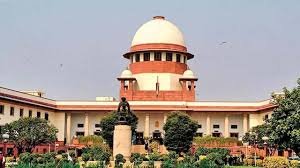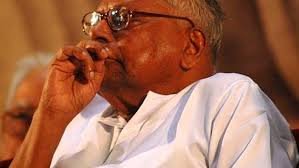New Delhi: A landmark judgment is expected today as the Supreme Court’s Constitution Bench, led by Chief Justice B.R. Gavai, prepares to rule on the Presidential Reference seeking clarity on whether the court can impose time limits on the President and Governors for acting on bills passed by state legislatures.
President Droupadi Murmu, invoking powers under Article 143(1), sought clarification on 14 key questions surrounding the court’s earlier ruling that mandated timely decisions on state bills. This move has sparked intense debate among several states.
Opposition-ruled states — Kerala, Tamil Nadu, West Bengal, and Punjab — urged the Supreme Court to return the reference, arguing that the issue was already settled and did not warrant further judicial review.
At the heart of the reference lies a crucial constitutional question:
Can the Supreme Court set a time frame when the Constitution itself — particularly Articles 200 and 201 — provides no such limit for the President or Governors?
The President’s submission argues that the discretionary powers of the President and Governors must also consider broader national concerns such as security, federalism, integrity, and legislative uniformity. She also highlights inconsistencies in earlier Supreme Court rulings regarding bill assent, making constitutional clarity essential.
Today’s verdict is expected to hold major implications for federal relations, especially for states frequently at odds with their Governors. For Kerala and other opposition-ruled states, the ruling could significantly influence how quickly their legislation becomes law.
The issue stems from a case filed by Tamil Nadu against its Governor, leading to a previous Supreme Court bench — Justices J.B. Pardiwala and A. Mahadevan — directing that Presidents and Governors must follow a time-bound process for taking decisions on bills.




